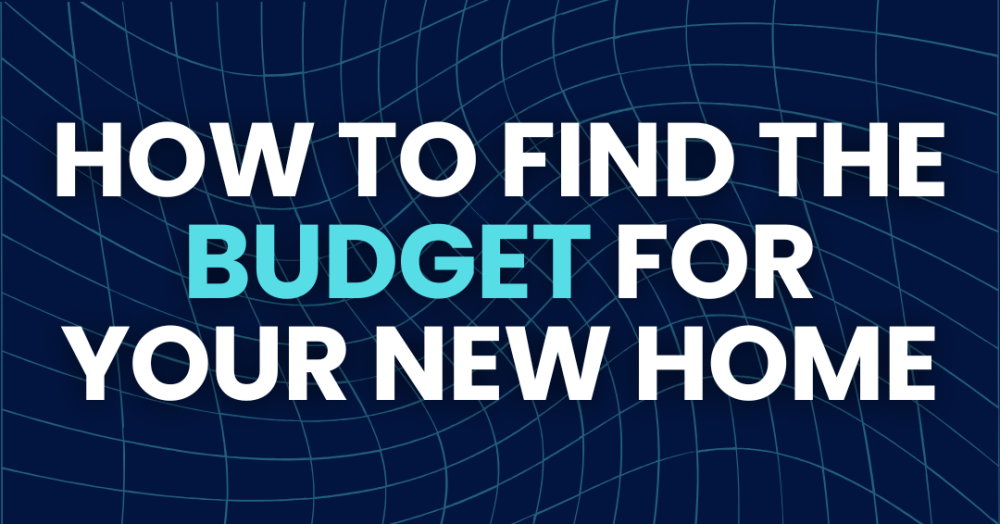Property prices vary widely depending on location and market trends, setting a realistic and manageable budget ensures you can purchase a home that meets your needs without compromising financial security.
Here’s a comprehensive guide to help you choose the perfect budget for your new house in the UK:
1. Understand Your Financial Position
Before you start browsing properties, assess your overall financial situation. This includes:
- Savings: How much do you have saved for a deposit? In the UK, a minimum of 5% of the property's value is typically required for a mortgage, though aiming for 10-20% will secure better interest rates.
- Income and Expenses: Calculate your monthly income and outgoings to determine what you can comfortably afford in mortgage payments.
- Credit Score: Check your credit score, as this will affect the type of mortgage deals available to you. Platforms like Experian or Equifax can provide free reports.
2. Factor in Additional Costs
Buying a house involves more than just the price of the property. Account for these costs in your budget:
- Stamp Duty: First-time buyers in the UK are exempt from Stamp Duty on properties up to £425,000. Above this, the rate varies depending on the property price.
- Legal Fees: Solicitor and conveyancer fees typically range from £800 to £1,500.
- Surveys and Valuations: These cost between £300 and £1,500 depending on the level of detail required.
- Moving Costs: Removal services, furniture, and utility setup can add several hundred pounds.
- Ongoing Costs: Remember to budget for council tax, utilities, and home insurance.
3. Decide How Much to Borrow
The amount you can borrow depends on your income, expenses, and deposit. Lenders in the UK usually offer between 4 to 4.5 times your annual income. For example:
- If your annual income is £40,000 and you have minimal debt, you might borrow up to £180,000.
- Combined with a £20,000 deposit, your budget could be £200,000.
Use online mortgage calculators to estimate affordability, but keep a buffer for unexpected expenses or interest rate changes.
4. Consider the Location
Location plays a major role in determining property prices in the UK. For example:
- London and Southeast England: These areas have some of the highest property prices, with the average house costing over £500,000.
- Northern England and Wales: Properties here are significantly cheaper, with averages around £200,000-£300,000.
- Scotland: A mix of urban and rural areas offers a range of affordable options.
- West Midlands: Probably one of the best areas to buy a property with affordable options and sizeable properties. Harborne should definitely be on top of your list for areas to consider due to its proximity to Birmingham, Good transport links and schools.
Research the areas you’re considering to ensure they fit your lifestyle needs and budget.
5. Balance Needs vs. Wants
When setting your budget, think about the type of property you need:
- Essentials: Number of bedrooms, proximity to schools or work, and transport links.
- Nice-to-Haves: Large gardens, modern interiors, or extra storage.
Being flexible on non-essentials can help you find affordable options within your budget.
6. Account for Interest Rate Changes
The UK mortgage market is subject to fluctuating interest rates. A 1-2% increase in rates can significantly impact monthly payments. Opt for fixed-rate mortgages if you want stability in your budgeting, especially during times of economic uncertainty.
7. Get Pre-Approved for a Mortgage
Once you’ve determined a budget, get a mortgage agreement in principle (AIP). This shows estate agents and sellers that you’re serious and gives you a clearer idea of the maximum you can spend.
8. Leave Room for the Unexpected
No matter how meticulously you plan, unexpected costs can arise. Keep a financial buffer of at least 10% of your property budget to cover emergencies or unforeseen repairs.
Conclusion
Choosing the perfect budget for your new house in the UK requires careful planning, realistic expectations, and a clear understanding of your finances. By considering all costs, staying mindful of market trends, and securing a sensible mortgage, you can confidently navigate the property market and find a home that’s not only within your means but also meets your needs.
Remember, the goal isn’t just to buy a house but to ensure long-term financial stability and comfort in your new home. If you want an award winning estate agent to help you find your new house and/or sell your current one then why not give us a call on 0121 681 6327.
